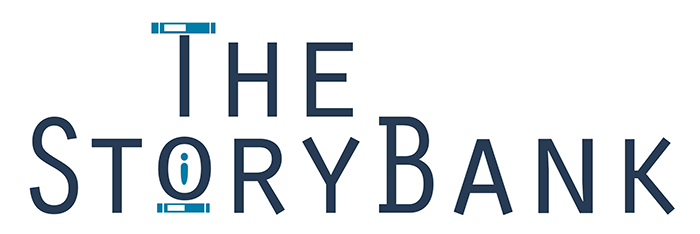
If you don’t know, ask.
We had recently hired an intern on the team and were having a discussion about her performance. The director in the room was conservative, heterosexual and of Middle Eastern decent. The intern being talked about was Caucasian, liberal, and a lesbian. When I use the term “conservative” and “liberal”, I use it in the literal sense and not the political sense. The director dismissed some of the intern’s accomplishments. The team was unsure why. Specifically the accomplishment where the intern lead a successful LGBTQ event, which was one of its first at the company. The director then said, “well I don’t understand what she… or he… uh I don’t know what <name> is interested in”. This one sentence is etched into my brain because it was illuminating in pointing out that the director did not understand the term, “lesbian” and nor did she want to. She was oblivious to her intern’s demographic orientation and therefore dismissed her accomplishments simply because it was irrelevant to her orientation. Bias at its finest.
Ask questions. As simple as that. We can all have our conclusions and do not need to change ourselves to suit others. But asking questions allows me to open my mind to the different ways in which people live and think. It makes me more open minded at the least.
I saw the director in a different light. I realized that she makes decisions based on deeply held biases towards certain demographics. It was shame to see. I now try to ask questions to seek to understand where someone is coming from, especially if their actions are confusing to me.

